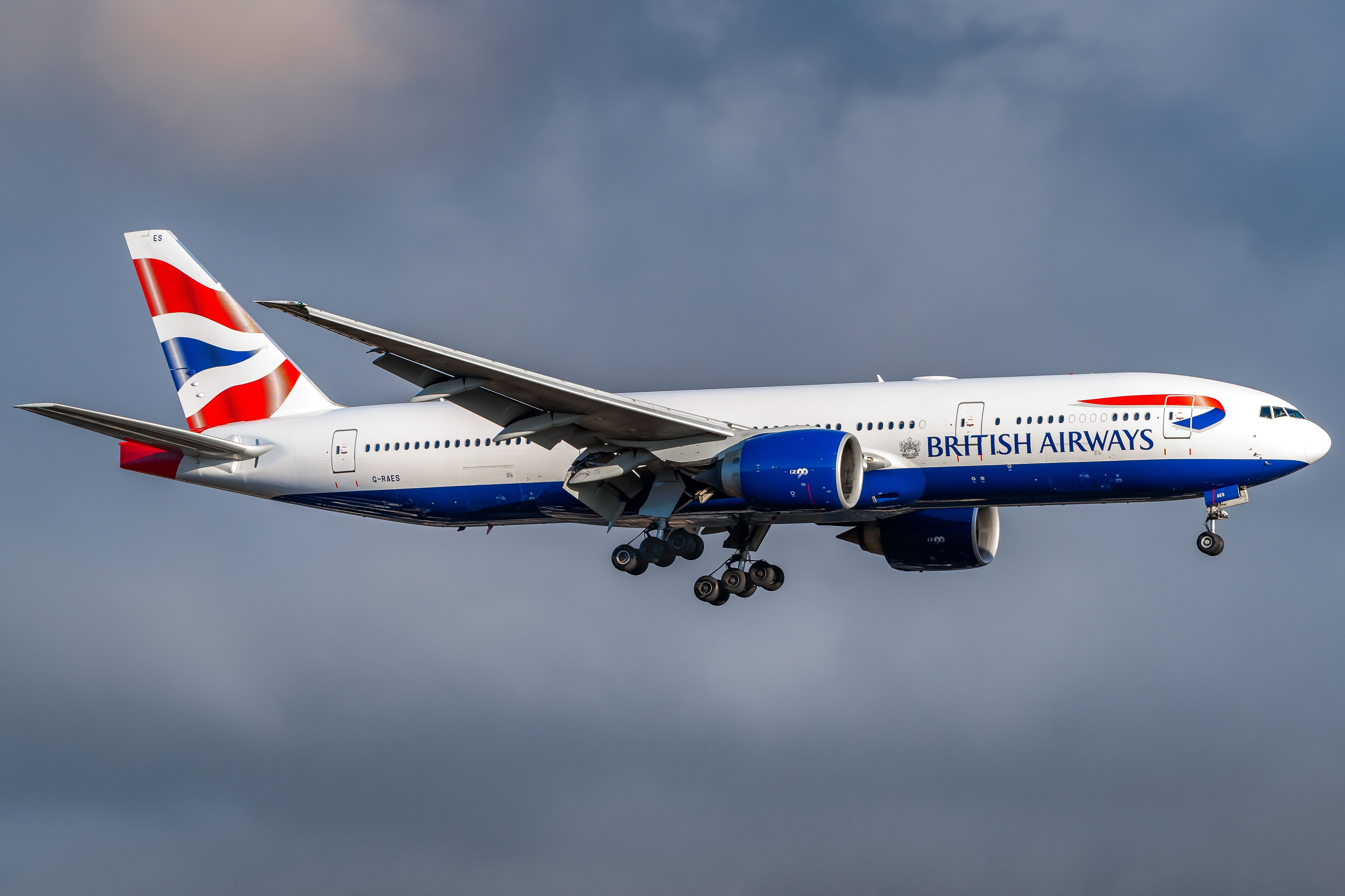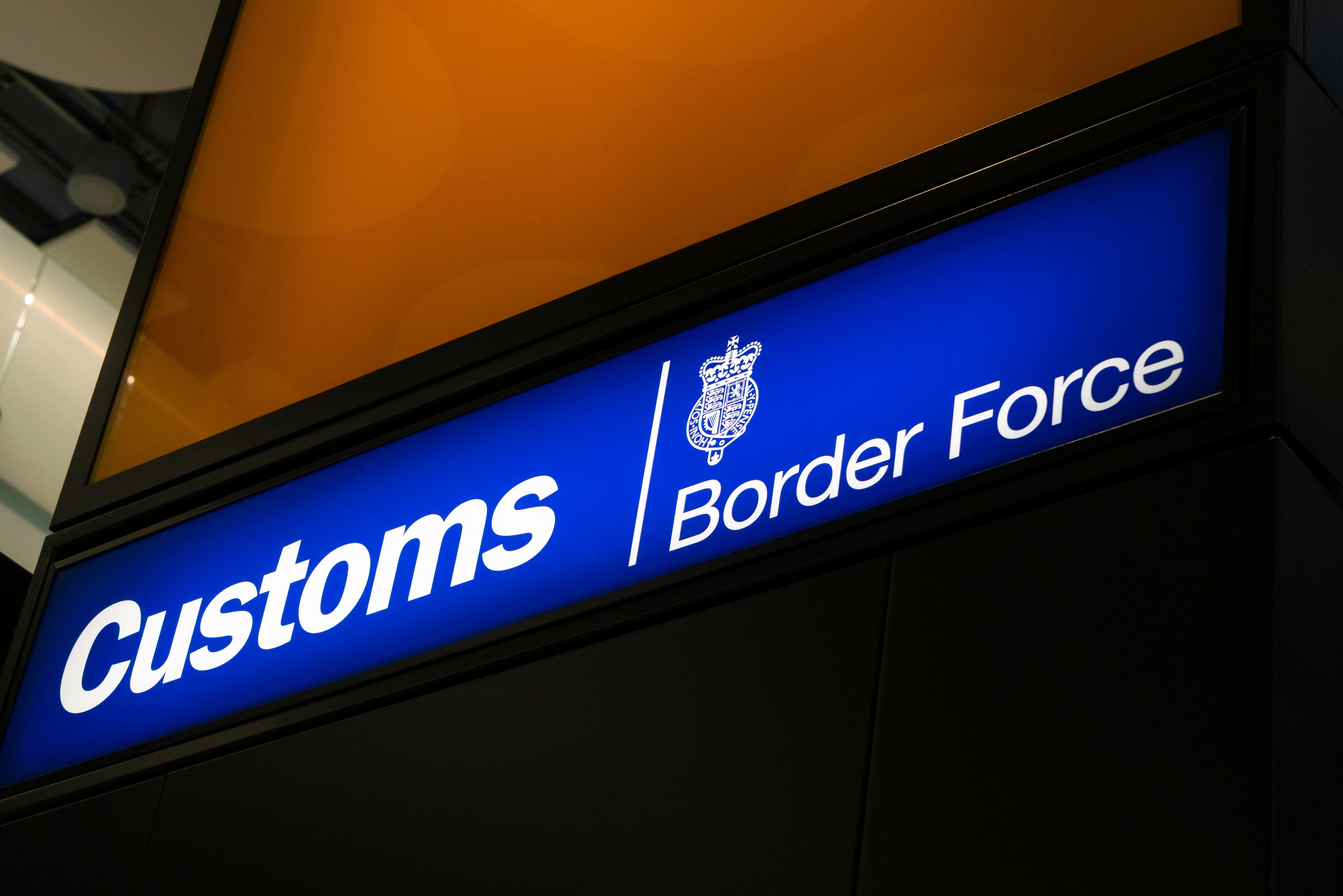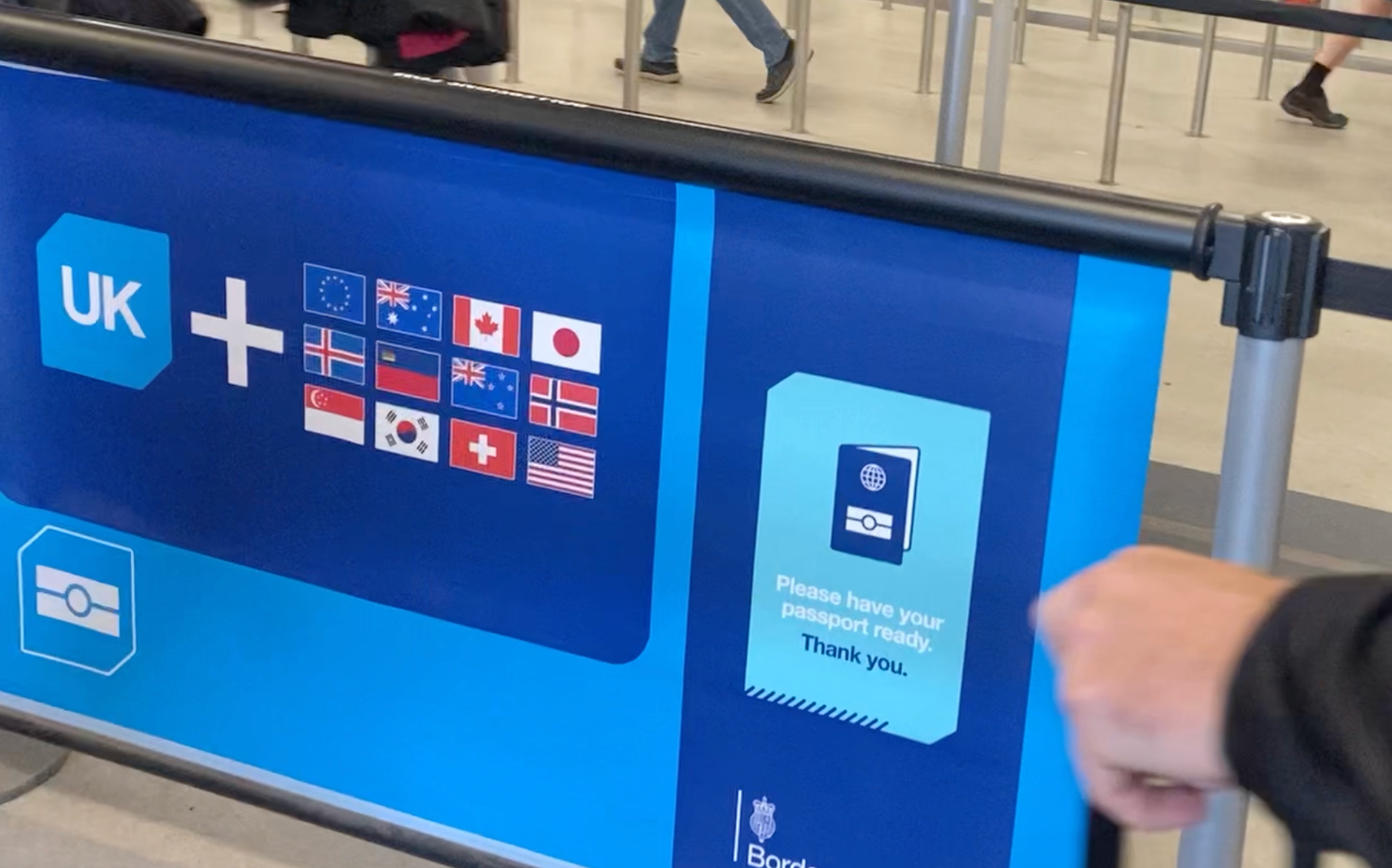Nearly 1,000 Border Force staff plan to strike from Friday, setting up lengthy disruptions for passengers landing in the UK. While those departing or connecting through UK airports will be spared any trouble, the government has been working hard to temporarily staff passport control with military personnel and other staffers. Let's find out more about this strike.
Peak travel period
The UK's Border Force union has voted to strike from Friday, the 23rd of December, to Monday, the 26th of December, as well as from the 28th to the 31st of December. This means nearly 1,000 officers usually stationed at passport control desks will no longer be available, creating long queues at one of the busiest travel periods of the year.
To better understand the impact, the strike period will see over 10,000 flights arriving in the UK, equating to two million seats. Considering the current demand, we can most flights to be operating at capacity, meaning millions will be arriving the last few days of the year. While not all will be affected, as we'll discuss later, there will be tens of thousands of passengers who will be forced to wait at the airport to clear immigration.
In a statement, the UK government announced several measures to reduce the impact of the strikes. Non-essential travel during the strike period has been discouraged, with warnings of long wait times at some airports. However, desks won't be empty, with several staffers from across the government being brought in and preparing to temporarily staff the border. The strike will affect London Heathrow, London Gatwick, Glasgow, Birmingham, Manchester, and Cardiff Airports.
Get the latest aviation news straight to your inbox: Sign up for our newsletters today.
Minimizing the impact
With the risk of huge disruptions, the UK government has announced plans to bring in military staff, civil servants, and volunteers to take over Border Force operations during the strike. Earlier this month, soldiers made their way to London Heathrow and Gatwick to begin training to check passports ahead of the strikes. While there will still be delays, the hope is that the extra staffing can reduce the impact on passengers.
For travellers, the best time to travel will be on the one non-strike day: 27th December. If you are unable to fly on this date, strikes will end at 07:00 AM local time on the 26th and 31st of December as well, creating another window to avoid delays. However, not everyone will be affected equally.
For instance, those eligible to use eGates at UK airports, such as UK, EU, US, and other passport holders, are likely to face fewer challenges. Once more, the long waits will be faced by those who require a physical passport stamp. While there have been reports that passengers will be asked to stay on aircraft due to long queues, this is unconfirmed and a worst-case scenario.
Airlines responding
To reduce the number of inbound passengers, both British Airways and Virgin Atlantic have placed ticket sales restrictions on the strike days. While new tickets are still available on some routes currently, carriers will be closely eying the strikes this weekend to see if more drastic action is needed. Some airports have already warned that flights may be cancelled if queues grow out of control.
For now, passengers and airports wait to see how the strikes play out and if they will impact the bumper winter holiday travel planned for this year.
What do you think about the impact of the strikes? Let us know in the comment section.



